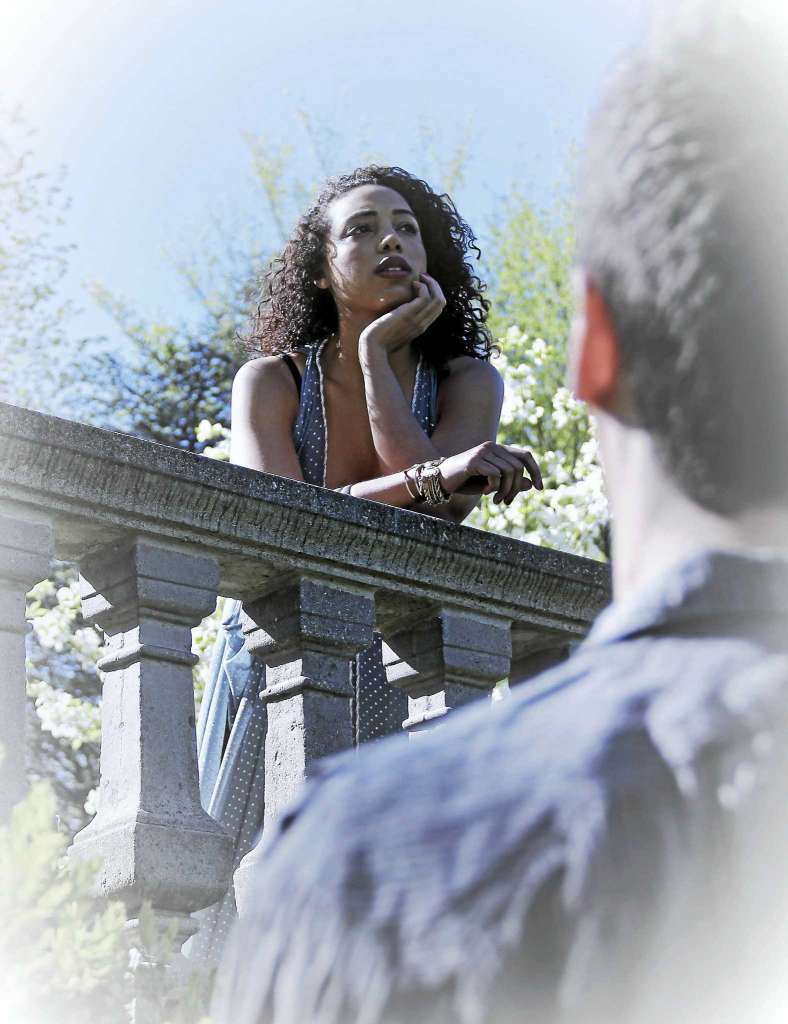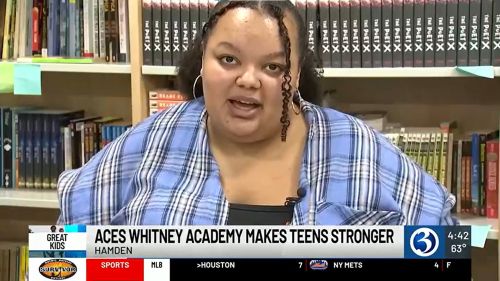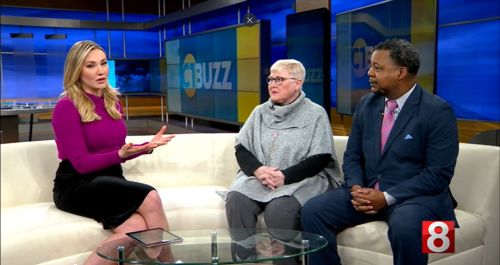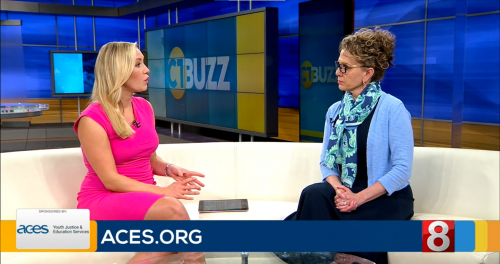-
Our Agency
- About Us
- Calendars
- Contact Us
-
Directions
- ACCESS
- ACES at Chase
- ACES International Preschool and Childcare Center
- ACES Transportation Services
- Center for Autism Spectrum and Developmental Disorders
- Central Office
- Educational Center for the Arts
- Educational Technology
- Little Theatre on Lincoln Street
- Mill Road School
- Network Services
- Staff Development / Administration
- Village School
- Whitney High School North
- Wintergreen Interdistrict Magnet School
- Human Capital Development
- Education Foundation
- News / Press
- Publications
- Request for Proposals
- Employment
- Events & Workshops
- Referrals
-
Schools & Programs
-
Special Education Schools
- Center for Autism Spectrum and Developmental Disorders
- Mead Elementary School
- Mill Road School
- Village School
- Whitney Academy EXPLORE & CREATE
- Whitney High School North
-
Magnet Schools
-
ACES at Chase
- About Us
- ACES at Chase: History & Origins
- Admissions
-
Student and Family Portal
- Breakfast and Lunch Menus
- Cancellations, Delays, and Early Dismissal
- Community Health Center
- Dress Guidelines
- Family Teacher Organization (FTO)
- Health Office
- Principal's Corner
- Monitoring Grades: PowerSchool Parent Portal
- Quick Links
- Student Handbook
- Summer Reading and Math
- Technology & Digital Citizenship
- Virtual Suggestion Box
- Document Library
- Contact Us
- Back to ACES
- Educational Center for the Arts
- Wintergreen Interdistrict Magnet School
-
ACES at Chase
- Alternative Education
- ACES Early Head Start
- ACES International
-
ACES International Preschool and Childcare Center
- About Us
- ACES International Preschool and Childcare Center Donations
- Admission Interest
- Meet the Staff - Newtown Center
- Meet the Staff - Woodbury Center
- Calendar
- Contact Us - Newtown Center
- Contact Us - Woodbury Center
- Family Portal
- Enroll Now: ACES International Preschool and Childcare Center Newtown Location
- Back to ACES
- ACES Open Choice
- Family and Community Engagement
- Magnet School Parent Choice
- School-Based Services
-
Special Education Schools
-
Services
- ACCESS Adult Vocational Services
- ACES Insurance Collaborative
- ACES UP Renewable Energy Solutions
- Alternate Routes to Certification
- Business Partnership Opportunities
- Center for Safe Schools
- Clinical Services
- Educational Technology
- Facility Rental
- Fingerprinting
- International Programming
- Marketing and Communications Services
- Network Services
- Professional Learning
- Regional Education Councils
- Regional Special Education Transportation
- Speech and Language Services
- Transportation
- World Language Services
- Find
« Back to News List
Steven Johnson and Courtney Jamison as Romeo and Juliet
« Back to News List
Elm Shakespeare’s ‘Tragedy of Romeo & Juliet’ opens Aug. 17 at Edgerton Park
August 16th, 2017
.jpg)
Elm Shakespeare’s ‘Tragedy of Romeo & Juliet’ opens Aug. 17 at Edgerton Park
Elm Shakespeare’s summer play at Edgerton Park opens Thursday
By E. Kyle Minor, Special to the Register
Published 12:45 pm, Friday, August 11, 2017
Steven Johnson and Courtney Jamison as Romeo and Juliet
in an earlier photo shoot.
Photo Courtesy Of Mike Franzman/Elm Shakespeare
 Longtime Elm Shakespeare Company member Raphael Massie duly notes productions of The Bard’s overtly political plays that have come and gone this summer when explaining his passion for “The Tragedy of Romeo and Juliet.”
Longtime Elm Shakespeare Company member Raphael Massie duly notes productions of The Bard’s overtly political plays that have come and gone this summer when explaining his passion for “The Tragedy of Romeo and Juliet.”
“You see a lot of companies doing ‘Julius Caesar’ and the Trump thing, and everything like that,” said Massie, who directs Elm Shakespeare’s production of “The Tragedy of Romeo and Juliet” starting Aug. 17 at Edgerton Park. “For me, this play speaks at least as much, if not more, to where we are currently in the world.”
In a sense, Massie suggested, polarization has half of the country enlisted in the Hatfields’ army while the other marches with the McCoys — or, in this instance, the Capulets and the Montagues.
“There’s no middle ground; there’s a chasm between two sides,” said Massie, who is the first African-American to direct a summer production in Elm Shakespeare’s 22-year history. “It’s either us or them; conservative or liberal; Republican or Democrat; black or white. We’re at opposite ends without a bridge between us. That’s very much the story of this play.”
Elm Shakespeare’s Producing Director Rebecca Goodheart chose “Romeo & Juliet,” which runs through Sept. 3, for its Free Shakespeare in the Park production late last year.
“Like many people, I was profoundly affected by the politics in our country,” said Goodheart. “What was particularly resonant for me is the acrimony and lack of ability for people within the community to even see each other realistically anymore. Civil discourse is no longer possible, it seems, in this country.”
Goodheart added that “Romeo and Juliet” ultimately asks the question, “What is the cost of violence when the community turns on itself?”
In her search for a director, Goodheart said that she followed the “competitive bid process.”
“I spoke with multiple directors, and it quickly came down to two,” she said, referring to Massie and an established West Coast director.
“I asked them three questions just to get an idea of how they would work on it,” she said, “just a paragraph, a couple of sentences. Raphael gave me six pages — everything he thought about ‘Romeo and Juliet.’
“It was so obvious, and it was right for the company that he is a New Haven native and knows the community so well,” said Goodheart of Massie, who has performed in 13 previous Elm summer productions. “He’s a company member and knows the process so deeply.”
Since Goodheart initially decided on “Romeo and Juliet” because its themes of violence and prejudice resonate palpably in New Haven and beyond, she encouraged Massie to cast the production diversely, as she put it.
“Mostly, I wanted (to be sure) that what’s on stage looks like all of New Haven,” she said, adding that Massie cast not only several actors of color but also hired women to play some of the men’s roles.
Massie said that while he believes in color-conscious casting, he cast the actors best suited for their roles, regardless of their ethnicity or gender.
“That being said, I wasn’t going shy away from the fact that we had a diverse cast,” said Massie, who received his MFA in Staging Shakespeare from the University of Exeter in the U.K. “It was more of what happens now that I do have diversity rather than I’m going to cast it for diversity.
“I didn’t set out trying to tell a particular story about race,” he added. “I’m still telling the story of the play. The story’s already there. When you have a diversity of actors, they come to the play with different experiences than, say, an all-white cast.”
Massie, who attended The Educational Center for the Arts, said that growing up in New Haven he saw actors of color “in very specific settings,” but not as a rule.
“I remember August Wilson’s plays used to always premiere at Yale Rep,” he said. “I remember going on class trips to see his plays: ‘The Piano Lesson,’ ‘Two Trains Running.’ In that sense, yes. Generally speaking though, in theater, in universal plays, not so much. Even when I was at ECA, there weren’t any more than three of us in any given class.”












